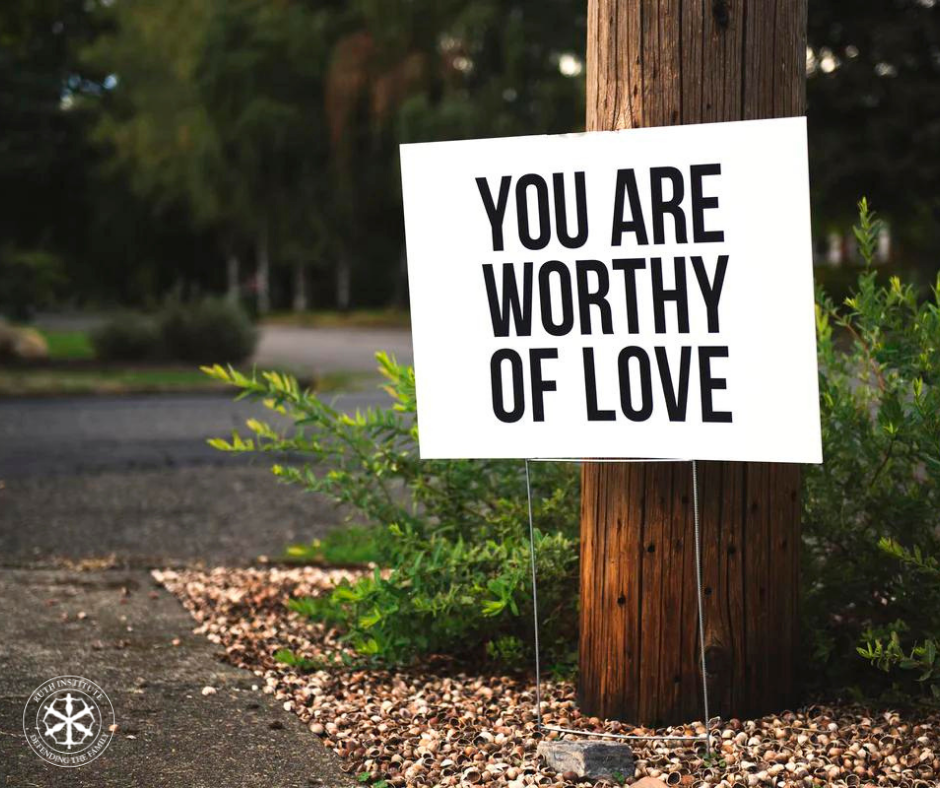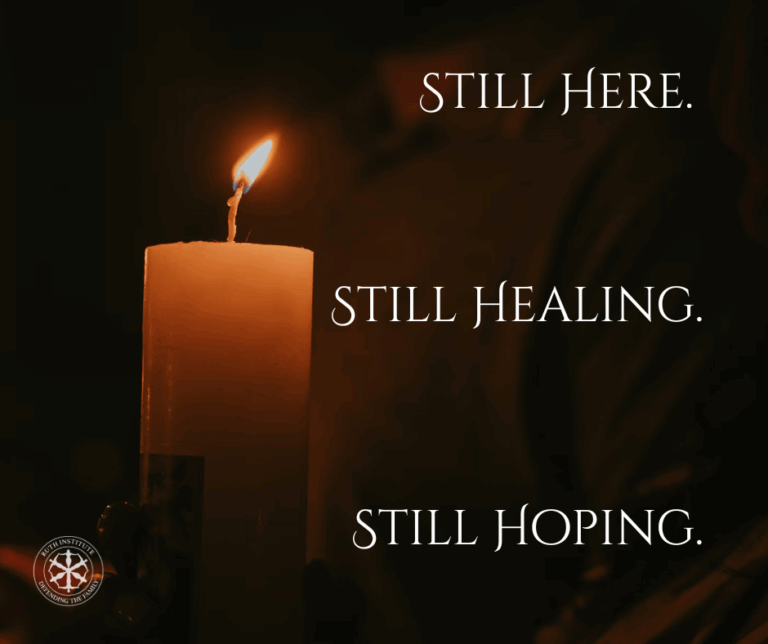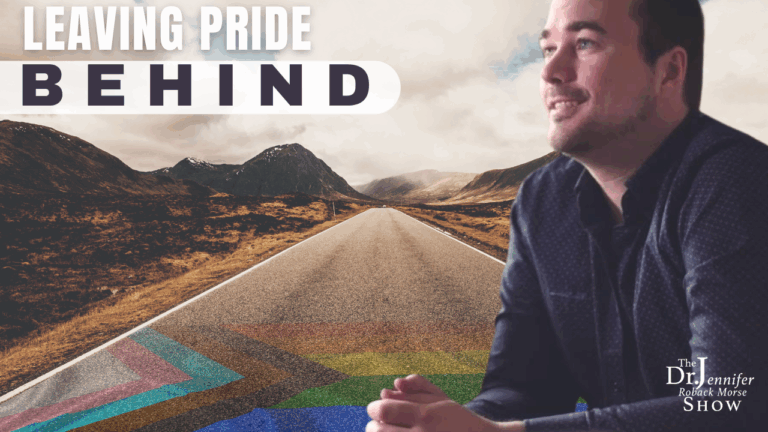Being able to develop and maintain good, healthy relationships after abuse is an important part of the healing process especially for survivors who wish to marry and start a family. Although not easy, relationships leading to a happy, fruitful marriage are possible. In part two of my blog series regarding relationships, I will be sharing some tips for forming healthy relationships (with the goal of marriage) as well as some of the signs that someone might just be “marriage material.” You can read part 1 (Revictimization) here.
Sexual abuse can leave survivors feeling powerless, out of control, and resentful. They may have a hard time trusting others and also struggle with depression and flashbacks, feelings of shame, blame, and self-doubt, and have difficulty regulating their emotions. When thoughts such as, “I’m damaged goods, no one will ever want me, and no one will ever want to take on this baggage,” are constantly plaguing someone’s mind, it is understandable that many abuse survivors believe that they will never be in a healthy, happy relationship (let alone that they deserve to be in one).

Some other issues resulting from sexual abuse that can negatively affect healthy future relationships include:
- Research shows that sexual assault (particularly repeated assaults) can lead to sexually promiscuous behavior.
- Research also shows that some survivors experience more reserved behavior (rather than sexually promiscuous behavior). In other words, the very idea of intimacy and/or sex can be frightening and completely repulsive.
- Survivors feel a lack of trust in most relationships
- Survivors are more susceptible to other sexual assaults and abusive relationships. They are also more likely to fall prey to some sources that can actually revictimize rather than help. The LGBTQ movement is one example. Many groups prey on the vulnerability of individuals who feel misunderstood and ostracized by the people around them. For more information on revictimization, please go here.
- Survivors may feel threatened when the need arises to disclose past abuse especially in a romantic relationship. A survivor may fear experiencing further shame and blame. This, unfortunately, is a serious issue since not everyone responds with kindness and compassion. As a matter of fact, people who have been uninformed or misinformed about sexual abuse often respond in inappropriate ways. Victims are often shamed and blamed.
Keep in mind that a relationship may be unhealthy but not necessarily abusive. An unhealthy relationship is still of course not ideal, particularly if the ultimate goal is marriage and starting a family. If you are looking to marry one day, then you should work with your support system, receive the help you need, and gauge your readiness before pursuing a romantic relationship. While lifelong relationships can be healing, a survivor at least needs to be in a place where he or she can recognize the red flags of a potential abuser. You should also be in a place where you can rely on the coping skills you have learned, rather than always needing to rely on others.
In other words, a survivor should be fairly self-sufficient before pursuing a relationship. Marriage is, after all, about two people and not just one. If one spouse is constantly in need of support and validation, he or she will be less able to support their husband or wife in their times of need. Therefore, chances are that the marriage is not going to be very successful. This would also be unfair to any children who might come along. Ideally, children need both parents to be fully invested.
*In cases where survivors are turning to sexual relations and promiscuity as a coping skill or due to shame or alcohol or drug use, professional help is absolutely needed before any romantic relationship is considered.
Here are some tips for survivors who do feel ready to pursue a relationship with marriage in mind:
- Work with your support system and determine your readiness over time. If you are a female survivor, don’t (for example) jump the gun and start looking for a husband if you can hardly stand the sight of men. Whatever your triggers, it is necessary to learn appropriate coping skills to deal with those. You need to be in a place where you are truly ready. Readiness is going to look different for everyone. This is where a really good therapist and/or support system comes into play.
- Even if you desperately want to enter into a relationship, you need to be patient. It’s hard but you can do it! Maybe the right person hasn’t come along yet or maybe the timing isn’t right. You may be doing everything right and feel as if you’re ready. However, for whatever reason, maybe you actually aren’t completely ready yet. Not only that, maybe the person you are meant to be with isn’t ready yet. If you’ve ever seen the movie “What About Bob?” starring Bill Murray and Richard Dreyfuss, you have surely heard the phrase, “Baby steps,” that is repeated throughout. There’s a lot of truth to taking “baby steps” when it comes to your own healing and physical, emotional, and spiritual health.
- If you have met someone special, continue to take things slow and don’t get too personal too fast. This can be a tough as some survivors have a tendency to overshare right off the bat. Maintaining appropriate boundaries is important! You need time to be able to gauge whether the person you are interested in is, not only trustworthy, but also mature enough to handle taking on a part of your past trauma. Build up to the conversation. You can start with something such as, “I need you to know that I have some trauma in my past but I’m not ready to share about it just yet.” Their response to that information alone could be enough for you to determine whether they are worth pursuing. Eventually, the time may come when enough trust has been built and you feel ready to share the whole story. You may choose to do this in the presence of a professional or to do it alone. This is a decision you need to determine either on your own or with the help of your support system. It’s also okay if you invite him or her to talk with your therapist or with another support person present.
- Be aware that feeling a connection with someone doesn’t necessarily mean that a healthy relationship will ensue. Again, take it slow. Instant connection doesn’t always mean love. It could be due to infatuation or it could be due to shared experiences. If, for example, you learn that the other person has abuse or trauma in their past, a bond can form based around that trauma. Don’t mistake a bond formed over shared experiences for love. It just might not be love.
- Watch for “red flags” of a potential abuser. Some red flags include: not honoring boundaries, a blaming or critical attitude, attempts to get separate you from loved ones or family, inappropriate talk or behavior, jealous behavior, or little to no interest in improving themselves in any way. Also, unfortunately, even some victims become abusers themselves and use their own stories to manipulate a potential victim. As previously mentioned, that connection might be real, but it could also be someone trying to take advantage of you. Use caution and, again, take things slow.
- Be aware of the grooming techniques that abusers use to gain their victim’s trust. You can find more information on the grooming process here.
- There are many reasons why physical intimacy should be avoided before marriage, one being that pre-marital sex contributes to the breakdown of Traditional Christian sexual ethics. The fact of the matter is, adding intimacy to a relationship never bodes well, especially when one or both individuals are survivors of sexual abuse. At least if a relationship doesn’t work out, a man and a woman can walk away from one another without having an added sexual connection. They can also avoid adding any additional (albeit unintentional) trauma. Yes, believe it or not, sex forms a bond between two people. This is just one of the many reasons it was designed solely for committed marriages.
- If you find yourself interested in someone who is pressuring you to have sex or doesn’t think that waiting until marriage is a good idea, then the best thing you can do is run from that relationship. Whatever your spiritual view on pre-marital sex, you will save yourself a whole lot of pain, heartache, and avoid potential complications. You will also avoid any of the consequences of sex, one example being a baby. Shockingly enough, babies can and do result from sex. This seems to take quite a lot of people by surprise these days.
- Keep in mind that marriage isn’t just about you finding someone to support you. You’ll be supporting him or her as well even if they haven’t had quite the traumatic past as you have had. Marriage is not 50/50. It’s 100% of what you are capable of giving at any given time. This is why being truly ready for marriage and all that it entails (physically, emotionally, and spiritually) is necessary before you begin to actively pursue a relationship. I’ll be addressing marriage after abuse a bit more in a future blog post!

What are some signs that an individual may be “marriage material?” You might have your own personal “checklist” detailing some of your non-negotiables – things you do or don’t want in a spouse. These “checklists” are different for everyone. Aside from your own requirements, here are some positive things to look for, particularly in regard to how someone else deals with your traumatic past:
- The person you are interested in allows you to slowly work up to telling them the whole story. They are willing to take the relationship slow in general. Respect for your physical, emotional, and spiritual well-being is key (the same goes for how you treat them).
- The person is encouraging and supportive and never forceful or manipulative in any way. He or she lifts you up rather than puts you down in every facet of your life (not just in regard to trauma).
- He or she is not scared off just by the knowledge that you have trauma in your past. Regardless of the heartache you carry, they still care about you and want to be a part of your life.
- He or she doesn’t try to “outdo” you with their own traumatic past experiences. Sharing one’s story openly and honestly and mutually supporting each other is one thing but trying to “one up” someone else or putting the focus entirely on one person all the time is not healthy. Suffering isn’t a contest, nor should anyone feel as if they need to “save” someone else.
- The person wants to be a part of your healing and support you in whatever ways they can. Even before you have shared your whole story, they take the time to learn about trauma, triggers, etc. Once you have divulged the details, he or she continues to be willing to learn techniques for dealing with trauma and responding appropriately to your triggers, needs, etc.
- He or she is willing to gain insights into trauma either by their own research or by talking to others (such as your support system) and asking questions. They do not put all of the pressure on you alone to teach them. They are willing to work with your support system. They have an understanding of what your past trauma could mean for your relationship going forward.
*Someone who refuses to listen, refuses to accept your past, runs from you, or is unwilling to learn or become involved in your healing is not worth pursuing. You are better off ending the relationship.
Relationships, especially for a survivor, require patience, time, and hard work. A survivor has an important choice to make: to accept what has happened and learn to live with their trauma and find ways to develop good, healthy relationships, or live in the trauma and face the possibility of getting involved in some not so healthy relationships. Forming healthy, lasting relationships is possible! However, you do have to do the work and make the commitment to not allow trauma to forever run your life. This is possible! You can lead an amazing, fulfilling life after abuse. There is freedom from the chains of abuse.
If you are a survivor of sexual abuse who is ready to pursue the vocation of marriage, you need to be aware of unhealthy, toxic, or abusive relationships but you also be willing to open your heart. There is always a possibility that you could be hurt somehow even if it is in a far less traumatic way than the abuse you suffered. This is yet another hurdle to overcome when paving the way for a healthy relationship. No relationship is perfect, and no other human being can take away all of your pain. No relationship, no matter how wonderful, can “save” you, nor can you be anyone’s savior.

Please don’t give up hope! You can have a healthy, loving, respectful, joyful relationship! You can find someone to create a new normal with, someone who will join you on your healing journey. You, my friend, are resilient. You are precious and you are worthy of love!
For my next blog post, I’ll be sharing some tips for individuals who are interested in someone who has an abusive past. I’ll be talking about how to respond appropriately if your significant other discloses abuse to you especially if you want to be part of the solution and not part of the problem! I’ll also be sharing some steps you can take so you can be a more empathetic and supportive person so you can be a better companion on your loved one’s healing journey.



